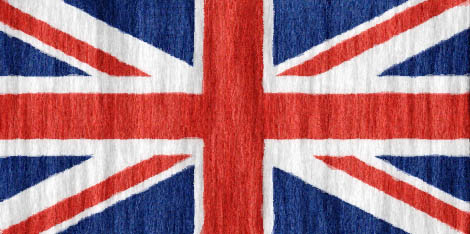Reuters
London
Spending in Britain on next week’s “Black Friday” discount shopping day looks set to break last year’s record despite warnings that retailers would be wise to shun an event imported from the US.
Misgivings about the broader impact on crucial pre-Christmas trading are illustrated by the decision of supermarket group Asda, itself owned by America’s Wal-Mart, not to join the frenzy this year. Asda argues that shoppers don’t want big fluctuations in prices.
Other retailers are prepared to take the risk and sign up for an event that sparked brawls in stores last year as shoppers wrestled over bargains.
Retail researcher Conlumino is forecasting Black Friday will generate UK sales, both in stores and online, of £1.6bn, up 20% on 2014, as more retailers join the fray and existing players whip up more business.
Online spending is forecast to soar 32% year-on-year to £1.1bn, according to Experian-IMRG.
Black Friday, the day after the US Thanksgiving holiday, was so named because spending would surge and retailers would traditionally begin to turn a profit for the year, moving from the red into the black.
The day has developed into an important part of the British shopping calendar over the past five years as retailers competed with online bargains offered by Amazon.
It really took off last year when more familiar names such as Sainsbury’s and Marks & Spencer embraced it in a big way, while rivals Tesco and Asda also gave it an even larger push.
“The issue for retailers is in how they can benefit from this demand, while not losing margin, or damaging their reputations,” said Conlumino’s Maureen Hinton.
Though it delivered a sales boost in 2014, the cost was lower demand in the weeks before and after and an expectation of continued pre-Christmas discounts, which damaged profitability.
Some retailers failed to cope with demand, which saw websites crashing and delivery operations overloaded, as well as those unseemly scuffles in shops.
This year police chiefs have warned retailers to have sufficient security staff on duty.
British retailers have traditionally tried to hold off on sales until Boxing Day, December 26, when products not wanted for Christmas were offered at reduced prices.
After last Christmas the bosses of retailers, including John Lewis, Britain’s biggest department store, and Argos owner Home Retail questioned the wisdom of concentrating so much business on Black Friday and suggested diluting the event.
However, John Lewis boss Andy Street conceded last week that this call had fallen on deaf ears. “It will be bigger again this year,” he said.
Retailers such as electricals group Dixons Carphone, maintain that Black Friday must remain a fixture as long as shoppers want it.
Dixons Carphone has shown it has a winning formula. By planning meticulously and buying products specifically manufactured for Black Friday deals it can deliver a sales boost and protect profit margins.
But the concern is that the distortion to trade seen last year is being repeated.
Last month Home Retail warned on profit, blaming uncertainty ahead of Black Friday and the British Retail Consortium blamed weak October numbers on shoppers holding out for bargains.

